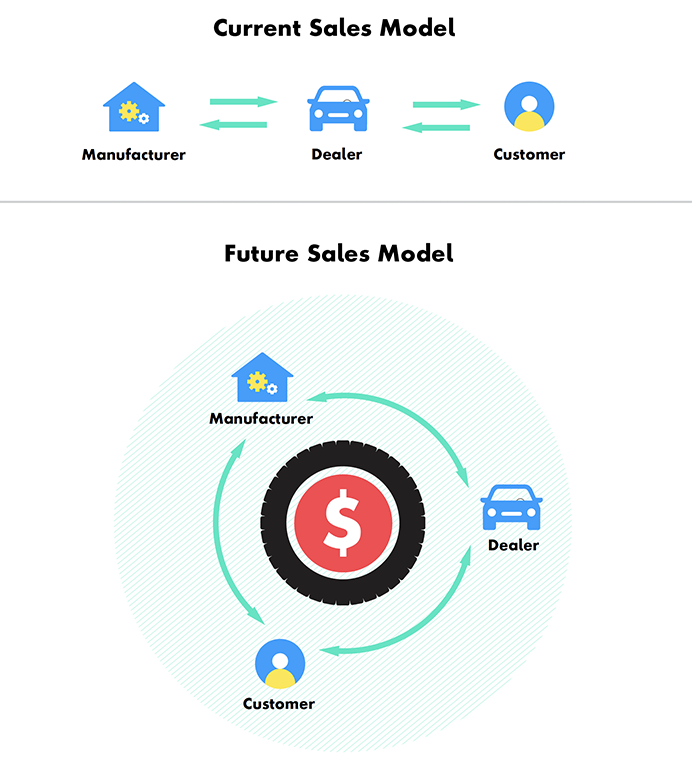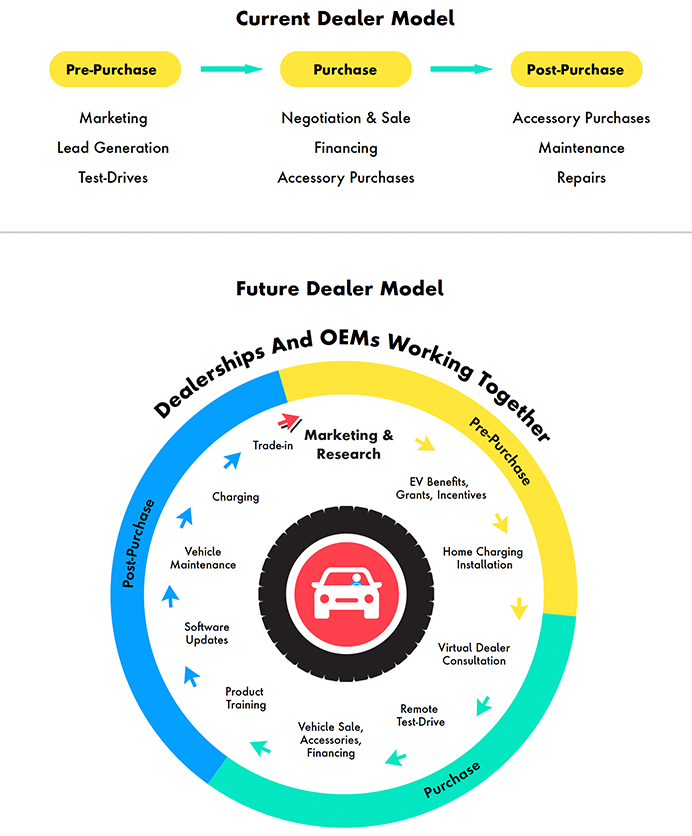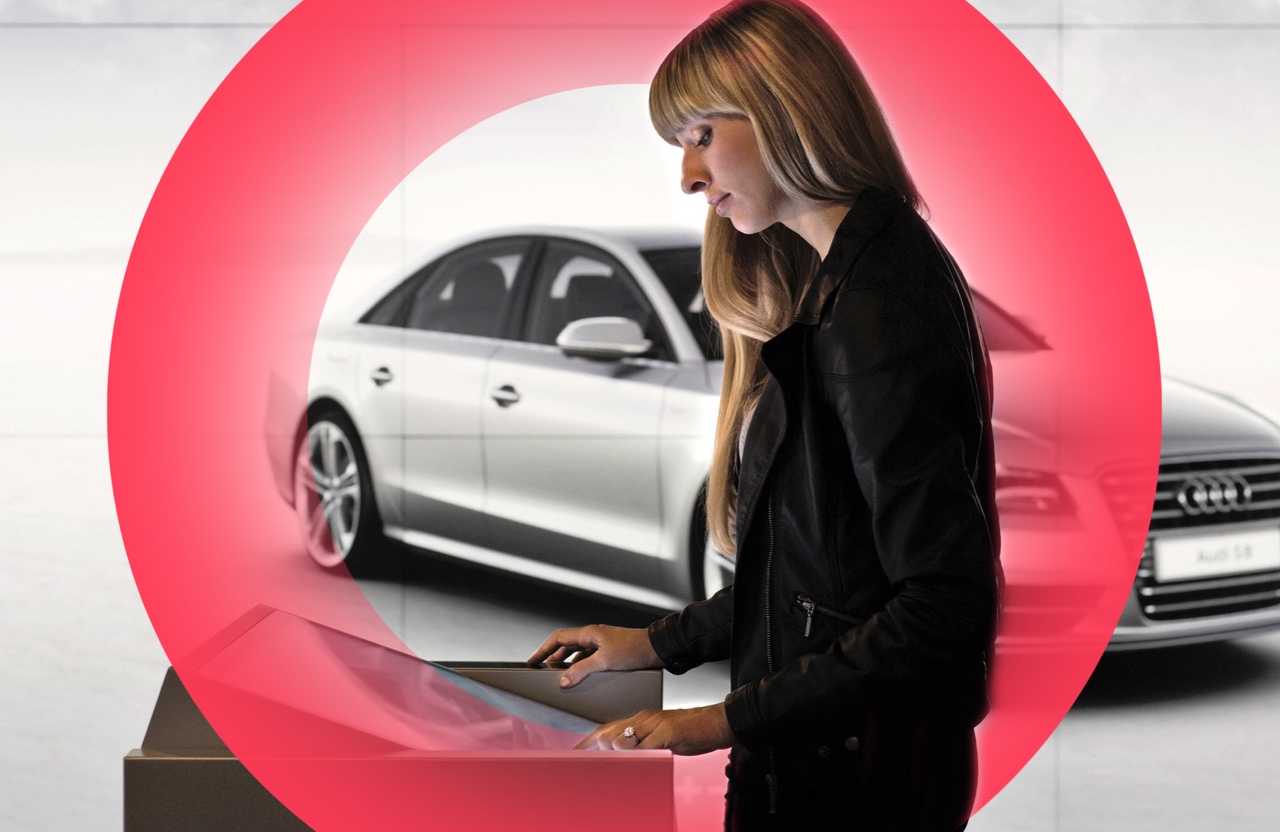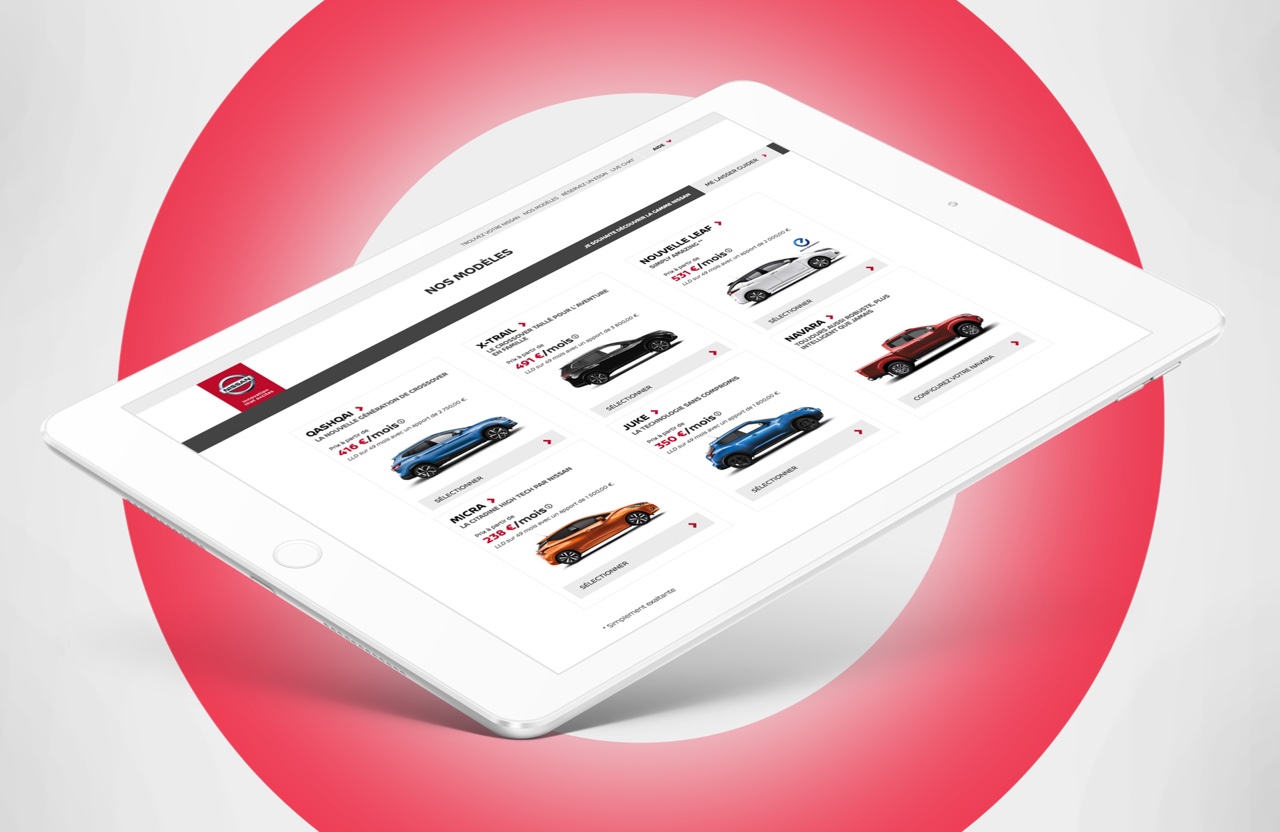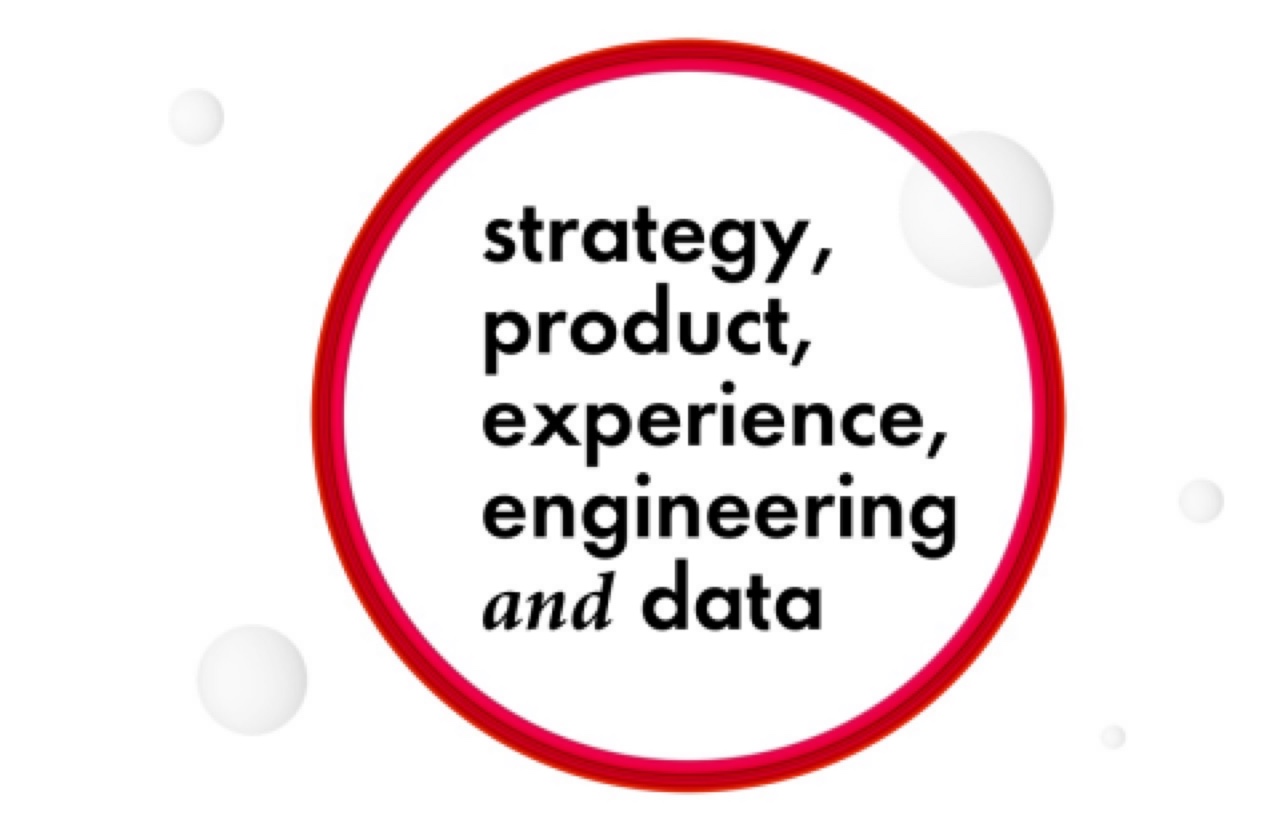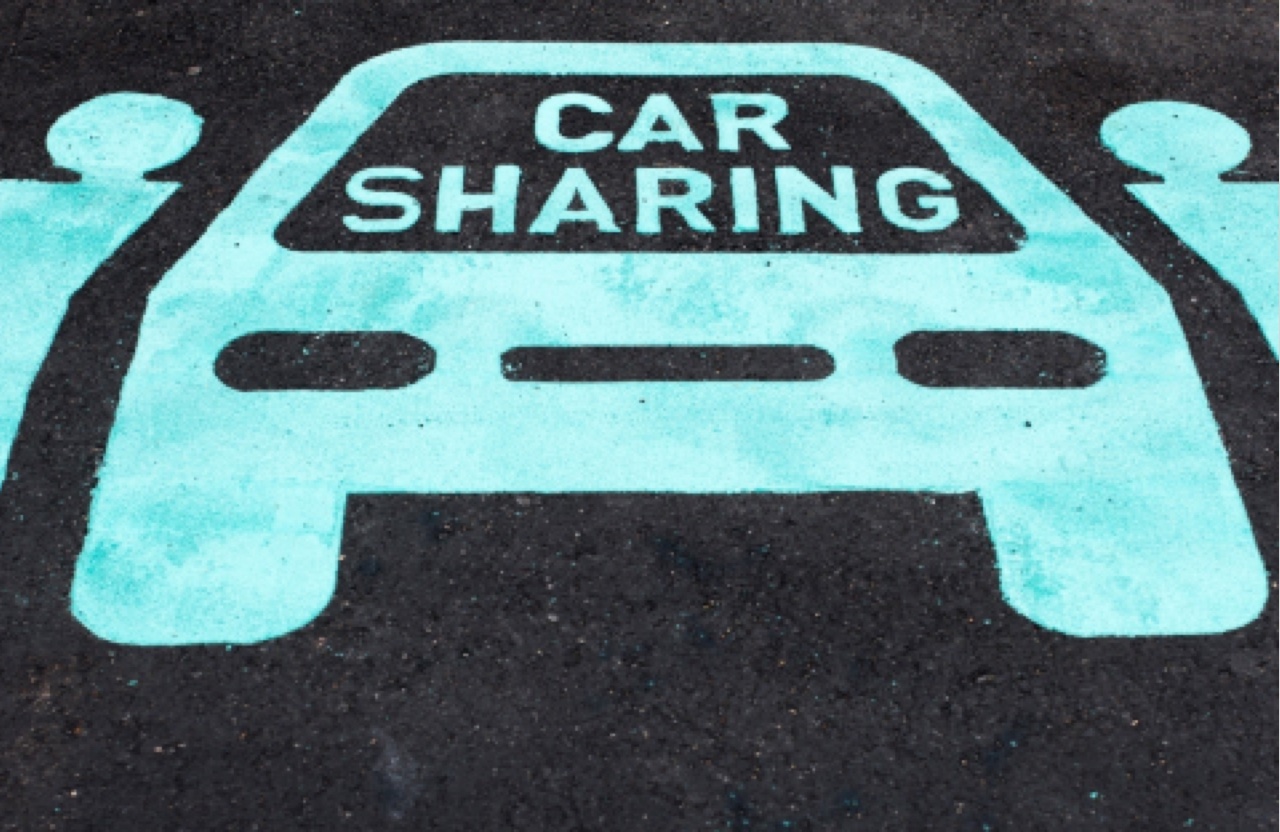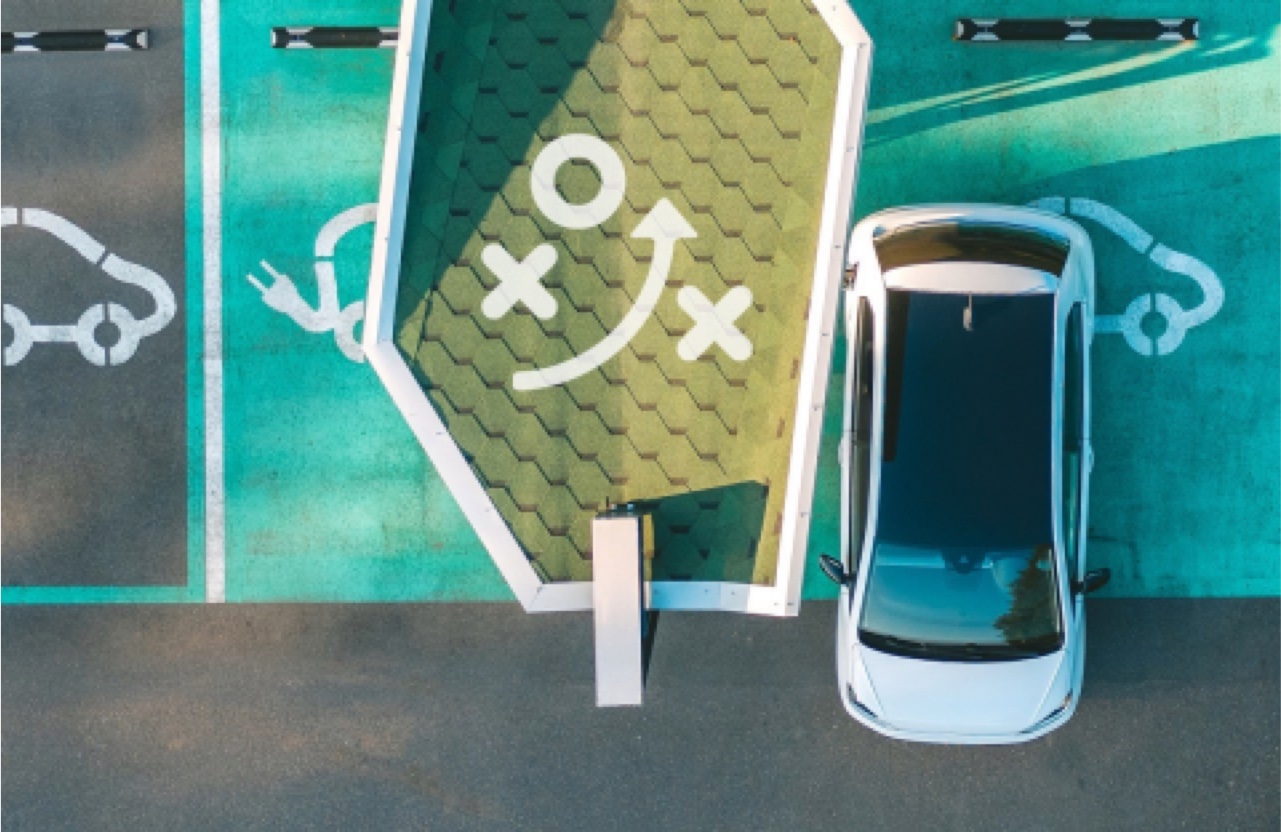Transporation & Mobility
5 Keys to Transforming Dealerships for an All-electric Future
A major shift is underway as OEMs realign their dealers to prepare for an all-electric future.
Many automakers are going all in on electric vehicles (EVs). As a result, dealers are preparing to make significant investments in charging infrastructure, technology and staff training to support the ongoing expansion of the EV market.
Recently, Ford announced that 1,920 of their roughly 3,000 U.S. dealers have signed up for their EV certification program, which involves investments in public fast chargers, employee training and no-haggle sales programs. General Motors (GM) is requiring its Cadillac and Buick dealers to invest upwards of $300,000 on dealership upgrades to accommodate the sales and servicing of EVs.
In the coming years, EVs will transform the way dealers operate.
In conversations with car buyers, dealers and OEMs, we’ve identified ways in which dealer roles and revenues will shift. We’ve also identified five key areas of focus for dealers as they prepare for an all-electric future.
A paradigm shift: From salespeople to consultants
The move toward electrification reflects a changing market and new ways of serving customers through digital means.
In the future, as OEMs increasingly sell directly to customers and provide post-sales services and support, dealers will transition from acting primarily as salespeople (and intermediaries) to acting as sales consultants.






